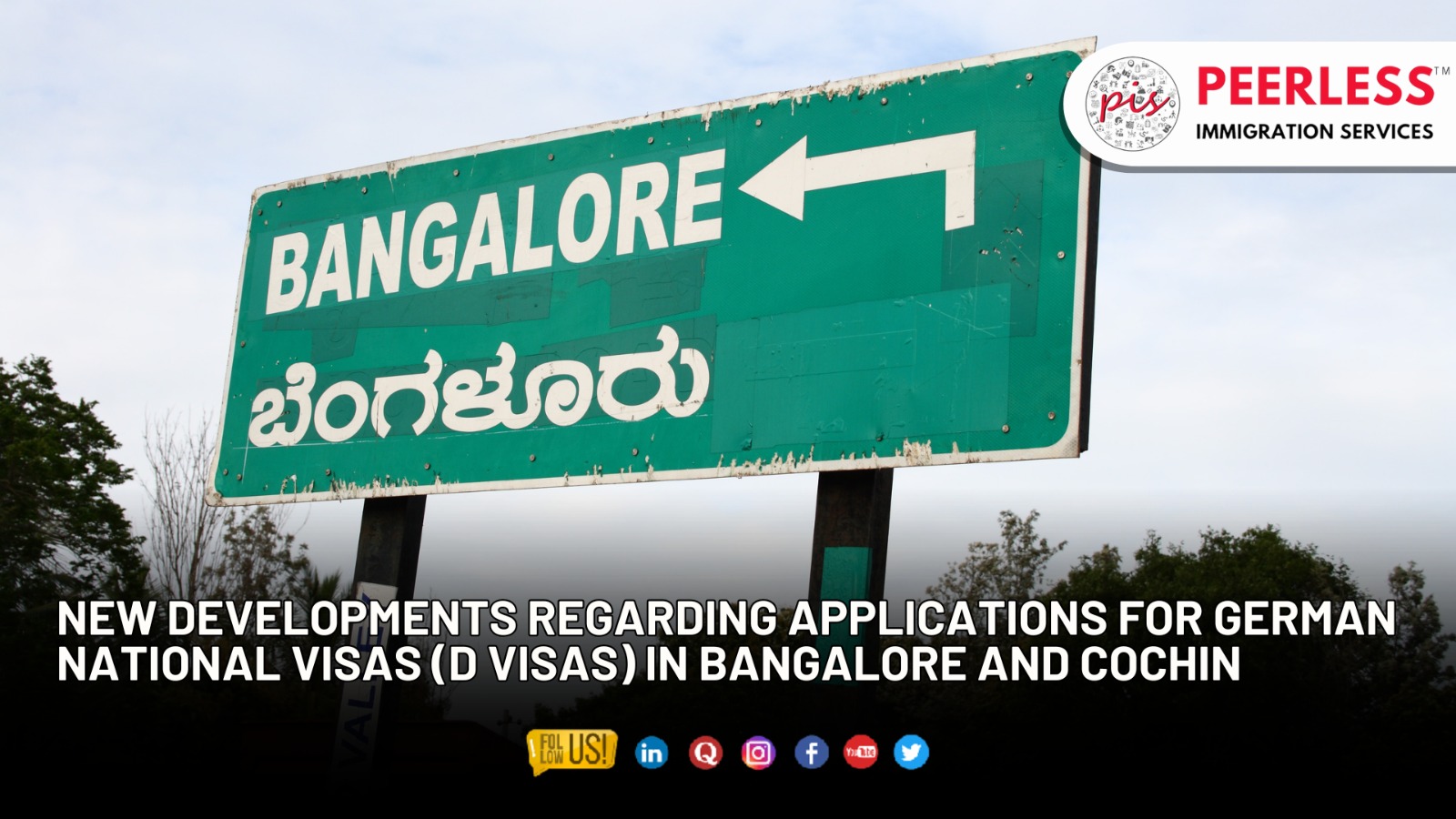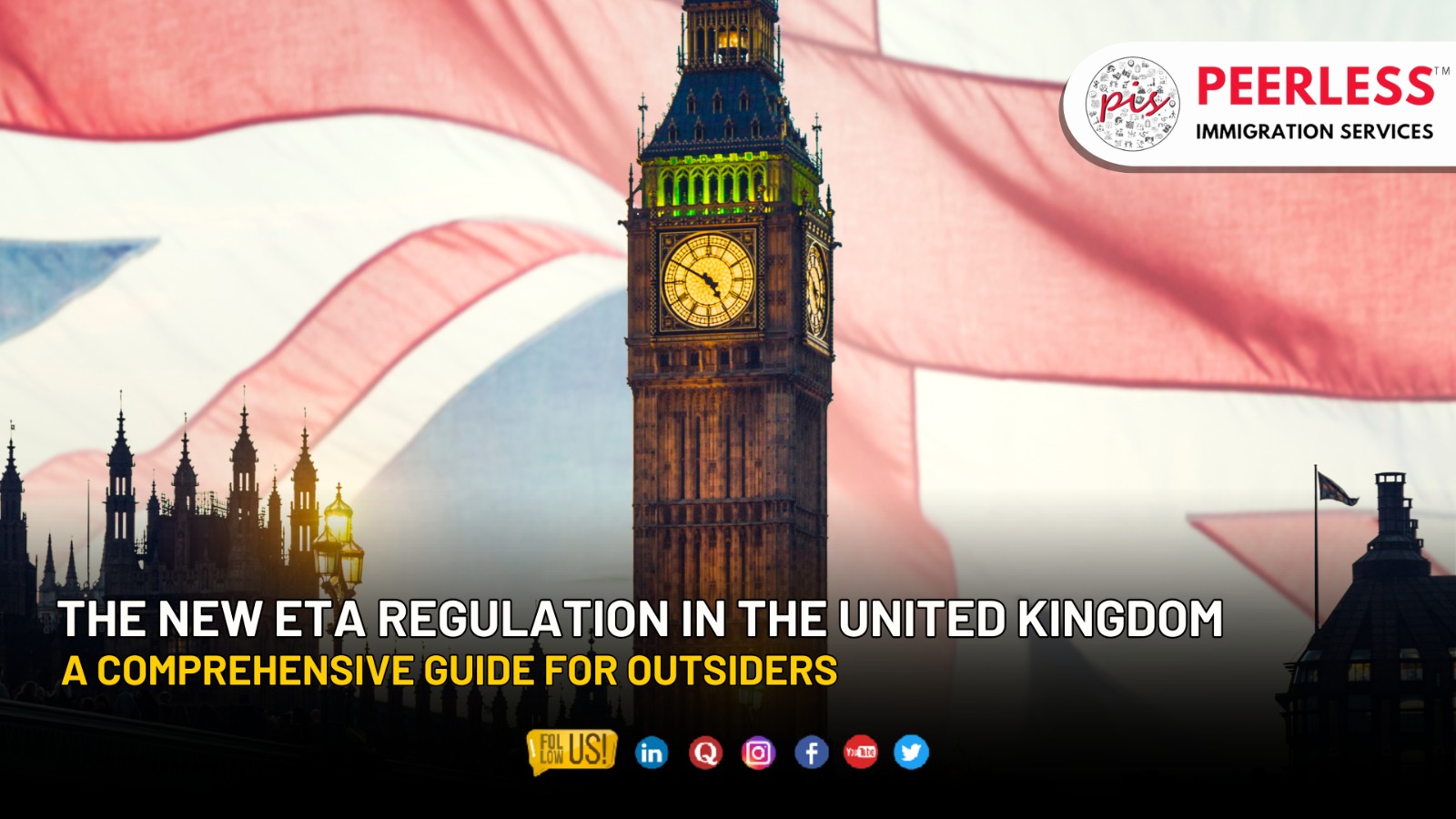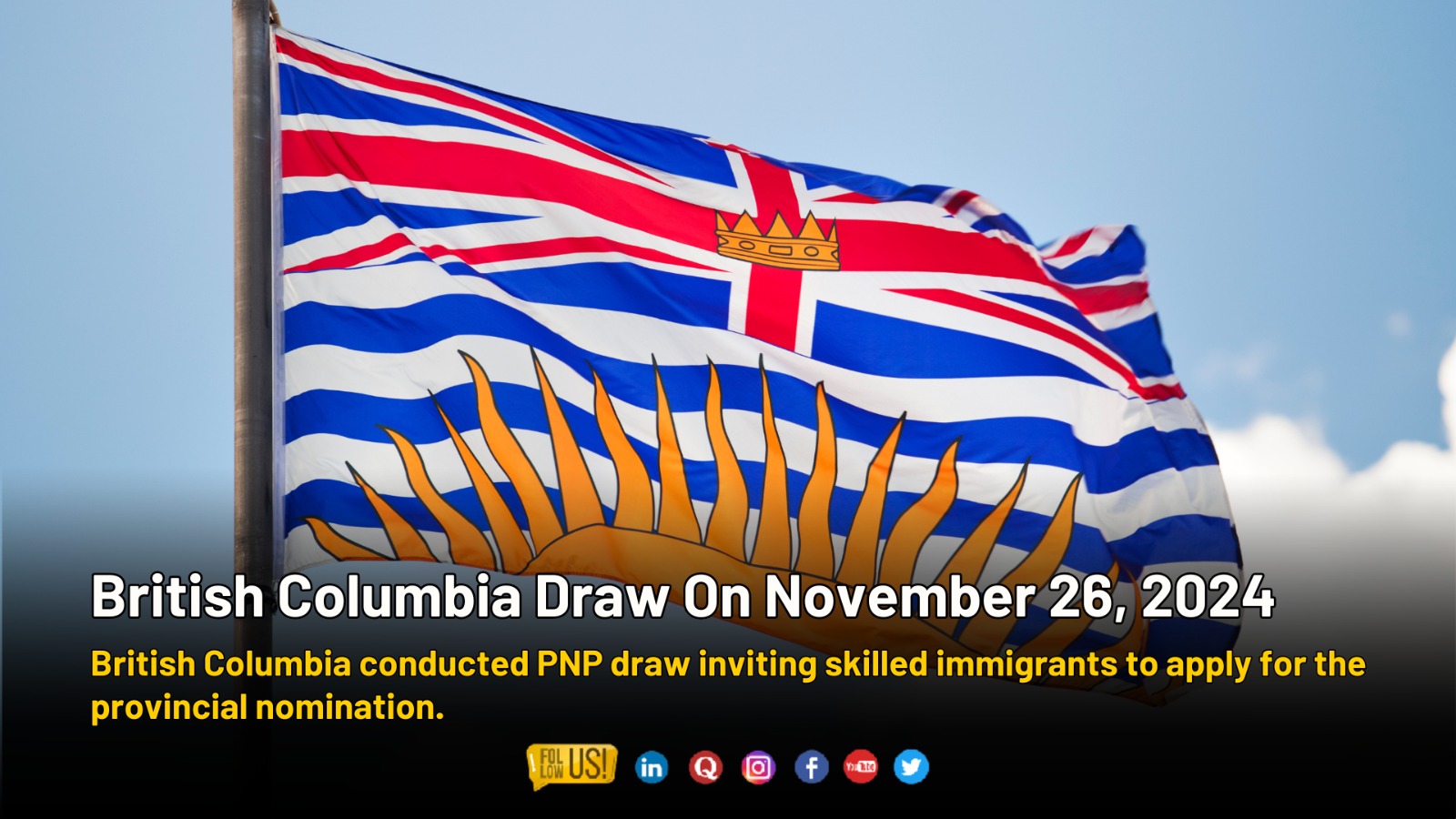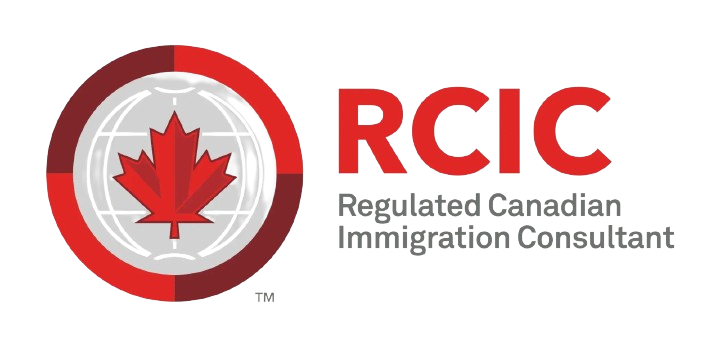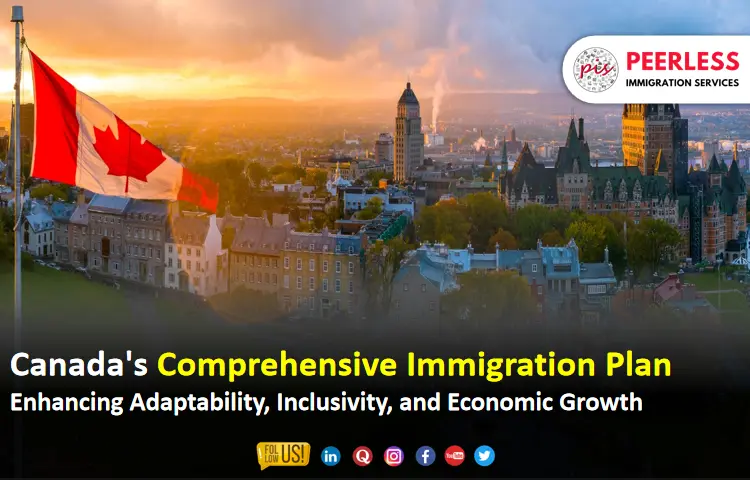
Canada’s Comprehensive Immigration Plan: Enhancing Adaptability, Inclusivity, and Economic Growth
Canada’s immigration system serves as a cornerstone of its economic growth and societal vibrancy. The recent unveiling of the comprehensive plan by Minister Marc Miller signifies a strong commitment to enhancing the system’s adaptability and inclusivity. By addressing the imperative of responding swiftly and equitably to global crises, the plan aims to uphold Canada’s reputation as a global leader in humanitarian efforts. The emphasis on bolstering the vitality of Francophone communities aligns with the government’s commitment to fostering linguistic diversity and cultural preservation.
Moreover, the proposed improvements to the International Student Program underscore Canada’s dedication to nurturing a skilled and diverse workforce, while the integration of essential services into immigration planning highlights a holistic approach to immigrant settlement. The establishment of an advisory body, comprising individuals with lived immigration experiences, reflects a concerted effort to incorporate diverse perspectives and ensure the system’s responsiveness to the needs of newcomers.
The introduction of the role of a Chief International Talent Officer represents a proactive step toward aligning immigration policies with the evolving demands of the labor market, thereby reinforcing Canada’s position as a global talent magnet. Minister Miller’s emphasis on the importance of whole-of-government collaboration underscores the significance of a cohesive approach in maintaining the integrity and security of the immigration system.
Notably, the extensive engagement initiative, which garnered feedback from a broad spectrum of stakeholders, including individuals, organizations, and clients, underscores the widespread interest and involvement in shaping the future of Canada’s immigration landscape.
An Immigration System for Canada’s Future
A plan to get us there
Create a more welcoming experience for newcomers
- Reduce wait times and improve service standards
- Embrace digital tools that allow officers to process requests from different parts of the world more effectively
- Align application intake with available admissions spaces
- Expedite visitor visas
- Help remove barriers to welcoming in the people we need for the future
- Examine the Immigration and Refugee Protection Act (IRPA) to assess the need for legislative amendments or reform
- Tackle barriers in accessing the international student program
- Strengthen partnerships with employers and institutions that rely on immigration
- Improve communications and ensure a human-centric approach
- Build an advisory body with lived experience in immigration to guide policy development and improvements to service delivery
- Make it easier for applicants to find the information they need
- Pursue opportunities to enhance the immigration experience for families
- Streamline pathways and programs
- Explore new opportunities to support employers
- Make applications more user – friendly, using digital and virtual technologies
- Build a modern, digital, and data – driven online client experience
- Make it easier for Canadians to obtain or renew passports
- Continue to advance reconciliation as we welcome newcomers
Align immigration with labour market needs
Maintain Canada’s global competitiveness in attracting and retaining top talent
- Create the new role of a Chief International Talent Officer
- Implement the first – ever tech talent strategy
- Continue to improve the Start – Up Visa Program
- Focus on international students with high •demand skills
- Working with partners, improve foreign credential recognition to enable more newcomers to apply their skills
- Bring workers to Canada who can help alleviate social pressures in key areas like housing and health care, using dedicated Category – Based Selection draws in Express Entry
Develop a comprehensive and coordinated growth plan
Build a more whole -of -government approach to immigration growth
- Create the new role of a Chief International Talent Officer
- Implement the first – ever tech talent strategy
- Continue to improve the Start – Up Visa Program
- Focus on international students with high •demand skills
- Working with partners, improve foreign credential recognition to enable more newcomers to apply their skills
- Bring workers to Canada who can help alleviate social pressures in key areas like housing and health care, using dedicated Category – Based Selection draws in Express Entry
What do you take from this?
- Commit to staying connected and keeping the lines of communication open
- Emphasize the importance of a national effort to welcome newcomers and help set them, and our communities, up for success
- Pledge to continue the work together.
What are the key aspects and initiatives of Canada's evolving immigration system?
Demographic Shift and Immigration’s Role
Canada’s population makeup has seen a significant shift, with 23% of its population comprising immigrants, and projections indicating that immigration will drive 100% of population growth by 2032. This demographic reality underscores the crucial role immigrants play in bolstering the workforce and contributing to the economy. The government is actively working to distribute the benefits of immigration across various regions, including smaller communities and Francophone communities outside of Quebec, fostering diversity and economic growth.
Humanitarian Commitment and Global Response
In response to complex humanitarian crises worldwide, Canada has been at the forefront of providing refuge and support for displaced individuals. Notably, initiatives such as Operation Syrian Refugees and the recent efforts to aid Ukrainian families showcase Canada’s proactive stance in extending help to those in need. With an increasing number of displaced individuals globally, Canada remains dedicated to facilitating managed migration and offering timely assistance to vulnerable populations.
Economic Growth and Innovation
Acknowledging the importance of attracting skilled workers to address labor market shortages and foster innovation, Canada has positioned itself as a preferred destination for immigrant start •up founders and entrepreneurs, as evidenced by its top ranking among OECD countries. Emphasizing the need to not only fill current job vacancies but also to create future employment opportunities, the government is actively fostering an environment conducive to the growth of the tech sector and other innovative industries.
Modernizing the Immigration System
Amidst the ongoing demographic and economic shifts, Canada recognizes the necessity of modernizing its immigration system to meet the evolving needs of the country. This involves implementing digital solutions, streamlining application processes, and improving service standards to ensure a more efficient and transparent experience for immigrants. The commitment to reducing application backlogs and enhancing client services reflects the government’s dedication to continually improving the overall immigration process.
Canada’s proactive approach to managing immigration reflects its commitment to maintaining a diverse and vibrant society, addressing labor market challenges, and responding effectively to global humanitarian crises, positioning itself as a global leader in progressive immigration policies and practices.
Various aspects of Canada’s immigration system, indicating both positive elements and areas for improvement.
- Acknowledgment of a Well – Managed System: The consultations recognized that Canada’s immigration system is regarded as well – managed, with structured pathways for individuals wishing to immigrate. The selection process was noted as rigorous and evidence – based, reflecting a commitment to maintaining high standards.
- Challenges in the Current System: One of the key insights from the engagement process was the acknowledgment that the immigration system is overly complex. Stakeholders emphasized the need for simplification, clear information dissemination, and streamlined application processes. Additionally, concerns were raised regarding the pressure on housing, healthcare, and infrastructure, underscoring the importance of ensuring communities can effectively absorb and support newcomers.
- Emphasis on Efficiency and Client Service: Stakeholders emphasized the significance of maintaining fast and predictable processing times. This was seen as crucial for Canada’s competitiveness in attracting skilled individuals, talents, and families. Furthermore, the discussions stressed the need for reducing duplications within the system and fostering fairness, accountability, and transparency. Supporting newcomers in navigating the system effectively was also a focal point.
- Economic Development and Innovation: The engagement process emphasized the necessity of implementing effective tools, mechanisms, and partnerships to attract and retain skilled individuals, particularly in rural and Francophone communities. Encouraging innovation and entrepreneurship was seen as vital for Canada’s global competitiveness. Additionally, facilitating access to the job market for newcomers through improved foreign credential recognition processes and integrated job matching was underscored.
- Focus on International Students and Retention: There was a strong emphasis on the need to attract top international students, especially in fields where there are labor market gaps. The engagement process highlighted the importance of enhancing retention rates by providing additional support and addressing equity concerns related to approval rates from different regions of the world.
- Regional and Community Development: The consultations highlighted the significance of promoting settlement outside major urban centers. Learning from targeted regional programs, such as the Rural and Northern Immigration Pilot or the Atlantic Immigration Program, was emphasized. Additionally, the discussions emphasized the importance of fostering Francophone immigration and building connections, including with Indigenous Peoples.
- Humanitarian and Crisis Response: Maintaining Canada’s positive international reputation in responding to humanitarian crises was identified as a key priority. The consultations underscored the need to be prepared to respond swiftly and equitably to future crises, considering the increasing levels of global migration and displaced populations, including those impacted by climate change.
- Vision for the Future System: The vision for Canada’s future immigration system, as emerged from the engagement process, envisions an equitable, inclusive, transparent, proactive, responsive, flexible, agile, safe, balanced, regulated, efficient, and collaborative system. Emphasizing ease of navigation, the system is envisioned to be integrated with comprehensive social support structures, with a strong focus on being people – centered.
Overall, the insights gained from the engagement process provide a comprehensive understanding of the strengths and challenges within Canada’s immigration system, offering a clear direction for the development of a more effective and inclusive system for the future.
What was the message given by the Canada Immigration Minister in this regards?
The Minister of Immigration, Refugees and Citizenship, Marc Miller, emphasizes the importance of immigration to Canada’s history and its significance in shaping the country’s future. He acknowledges the crucial role of immigration in addressing labor market needs, fostering community growth, and facilitating the maintenance of public services. The message highlights the unique Canadian approach to immigration, which focuses on connecting people, welcoming new ideas, and fostering a sense of pride in how Canadians embrace newcomers.
The Minister recognizes the collaborative efforts required to ensure the successful settlement and integration of newcomers. He emphasizes the need for effective coordination between federal, provincial/territorial, and societal partners to address various aspects, including housing, infrastructure, employment, and healthcare.
The message outlines the Minister’s involvement in co – chairing the Task Force on Services to Canadians in 2022, emphasizing the importance of investing in the immigration system’s improvement through technological advancements and streamlined processes. It underscores the ongoing efforts to reduce backlogs, improve processing times, and update outdated technology, while also acknowledging the need for further enhancements and modernization.
To facilitate a comprehensive understanding of the challenges and strengths of the current immigration system, the Minister highlights the recent launch of a review of Canada’s immigration system. This review involved extensive engagement with stakeholders, gathering feedback from individuals using the immigration system, and incorporating innovative ideas for its improvement. The Minister expresses gratitude to all those who contributed to the report, recognizing their vital role in shaping the conversation around the future of immigration in Canada.
Considering the challenges and changes Canada has faced in recent years, the Minister emphasizes that immigration is not a singular solution but a key factor in driving economic growth and fostering community resilience. He underscores the collaborative nature of welcoming newcomers, affirming that the report marks the beginning of a transformation in Canada’s approach to immigration. The message encourages individuals to review the report to gain insights into the gathered feedback, the envisioned direction, and the proposed strategies for achieving the desired transformation.
